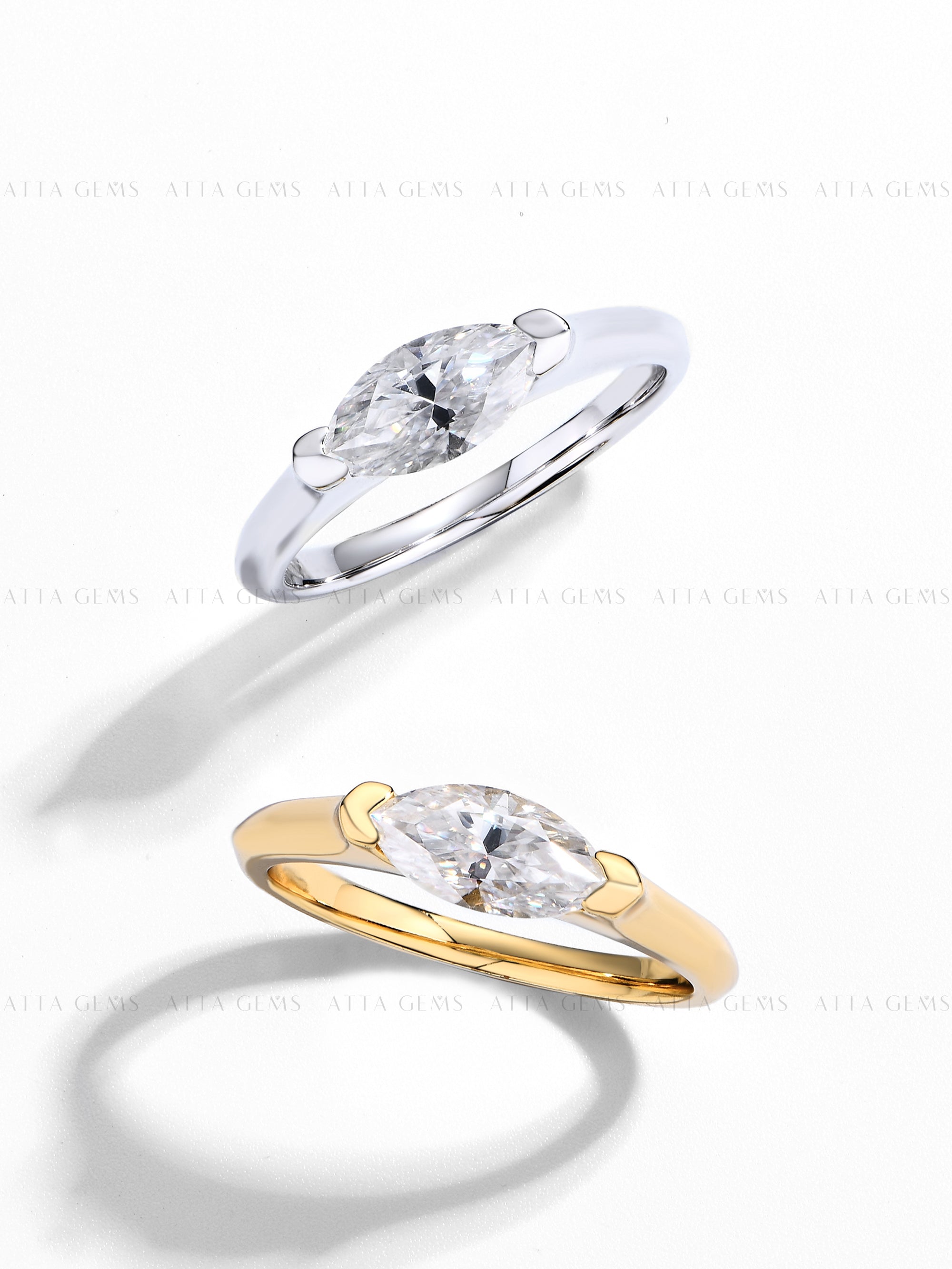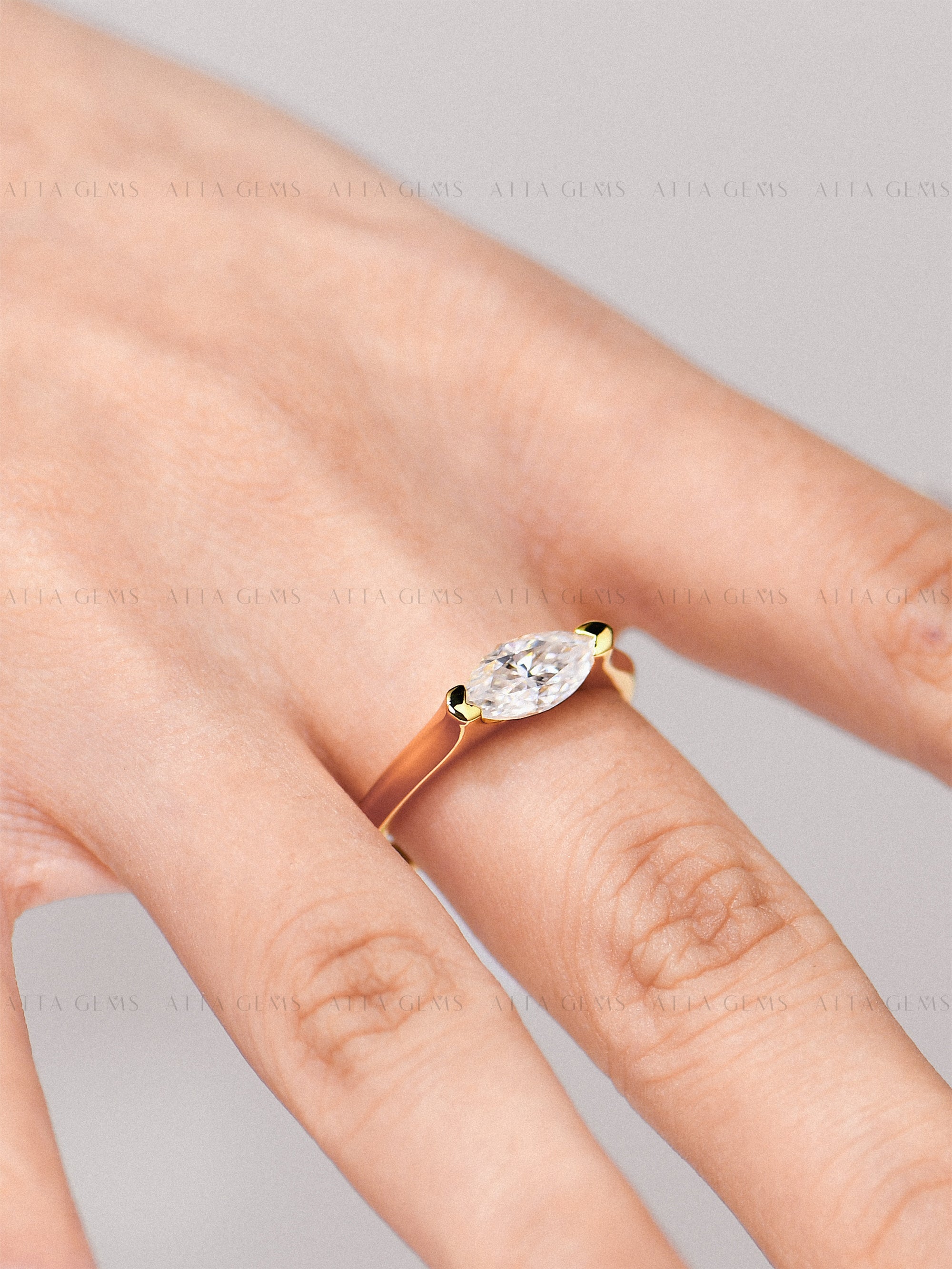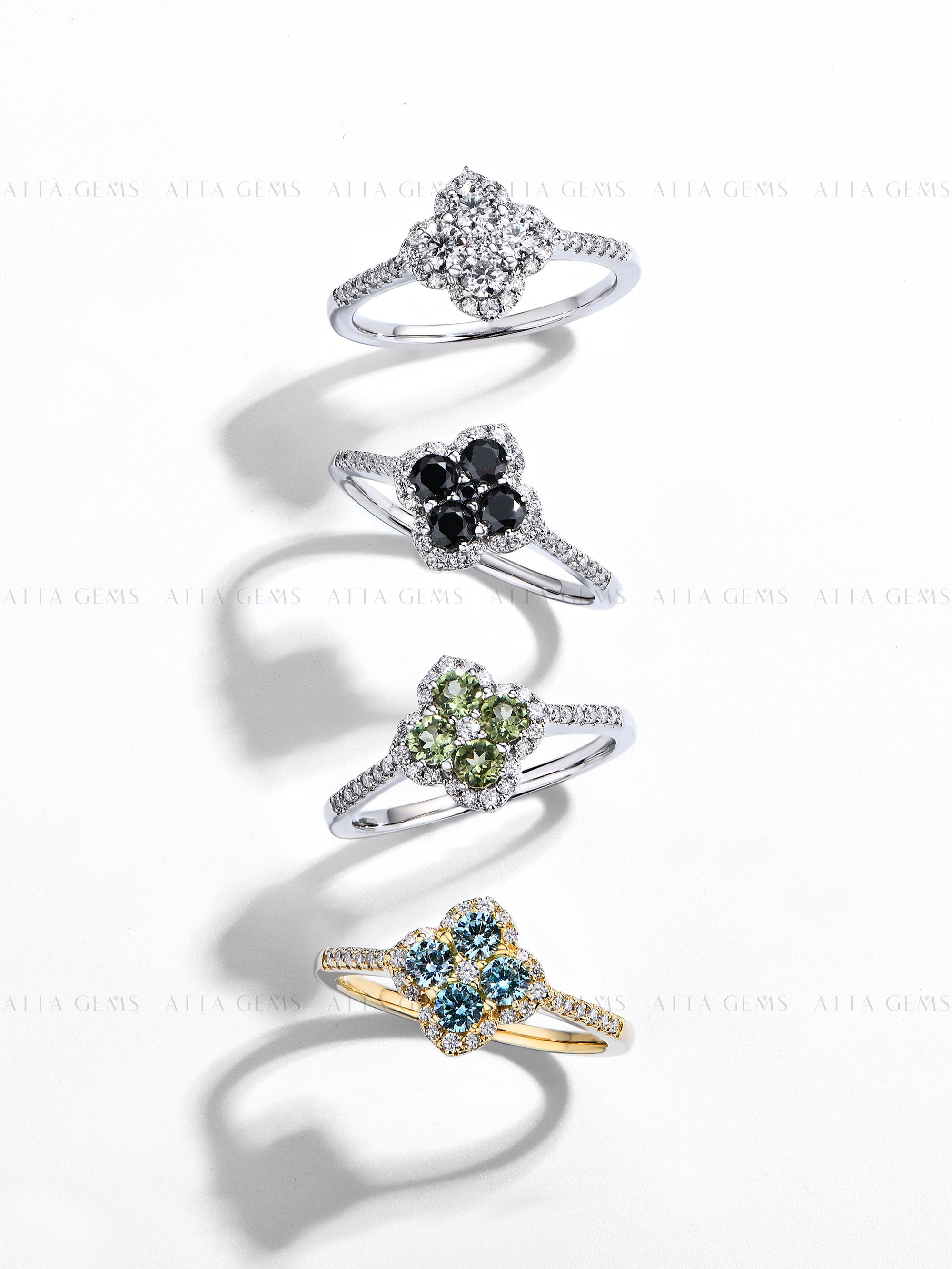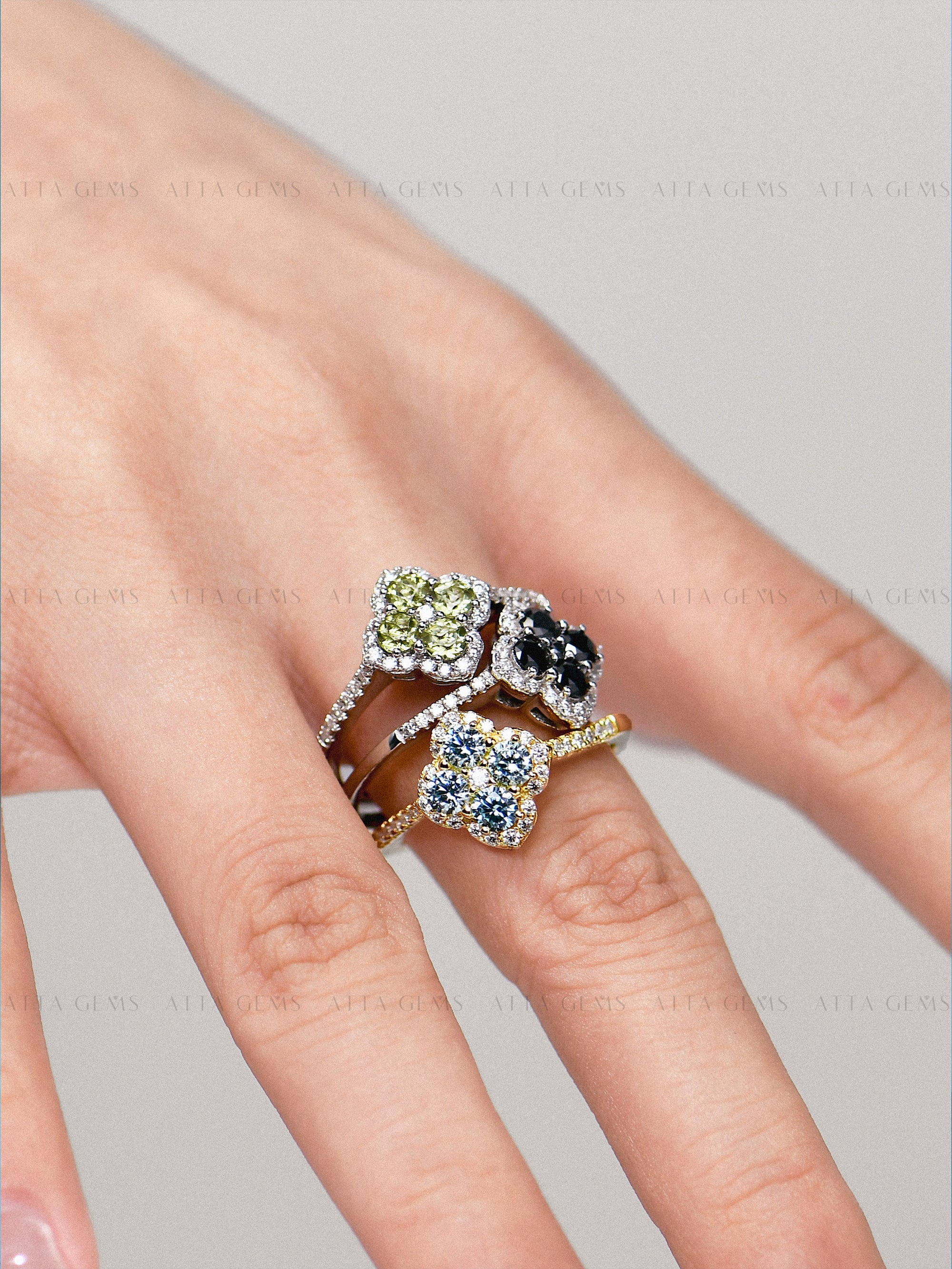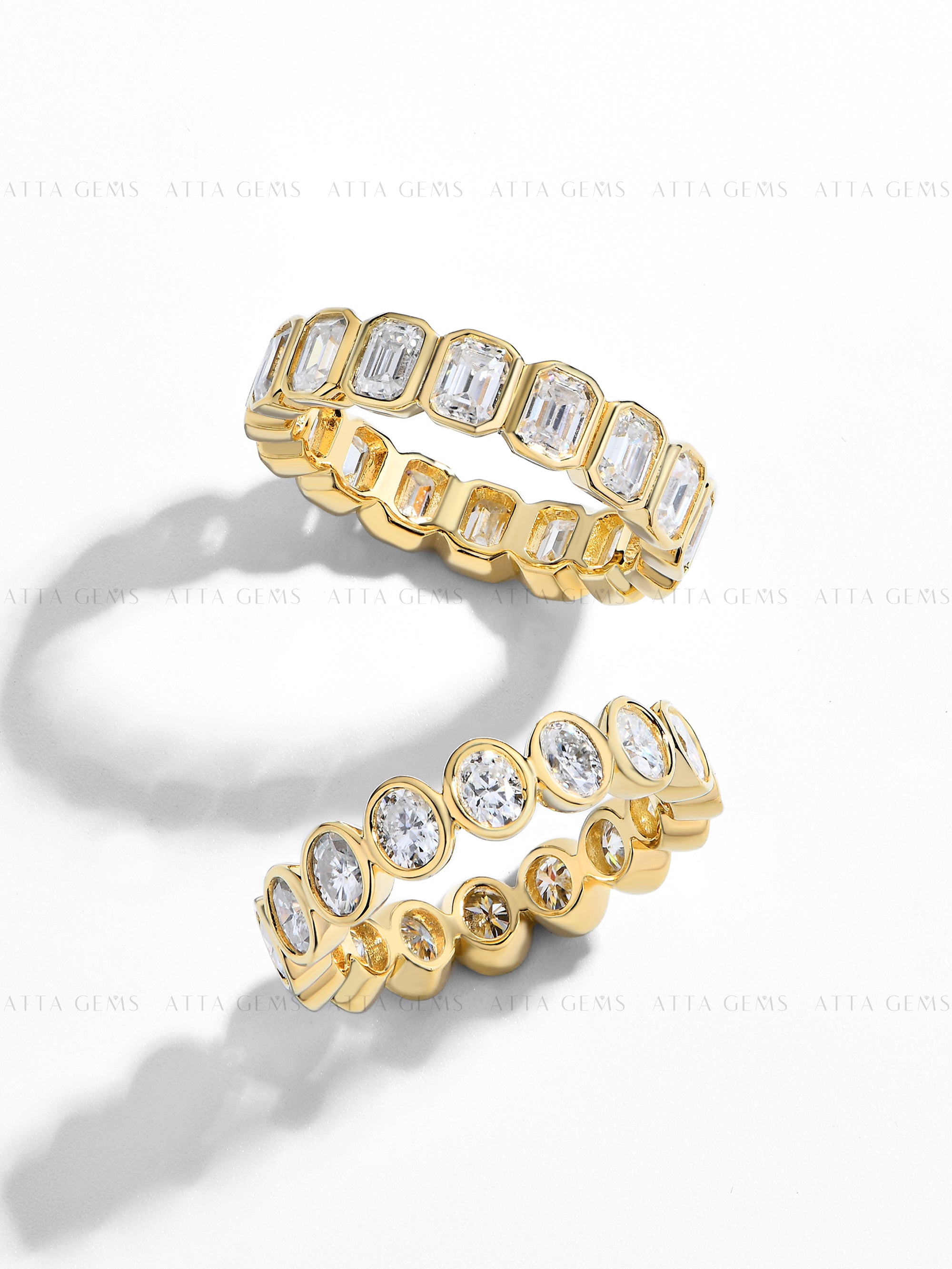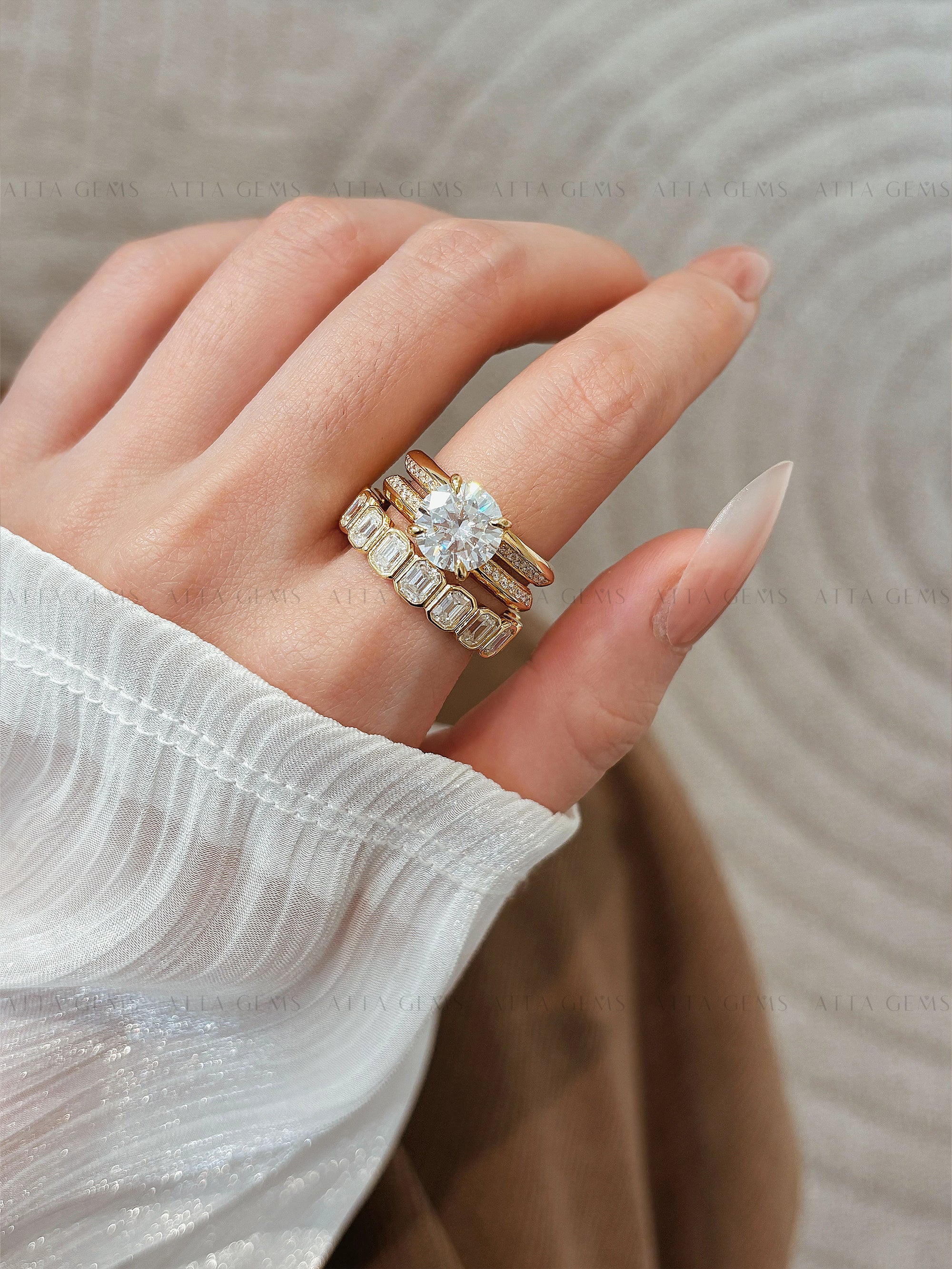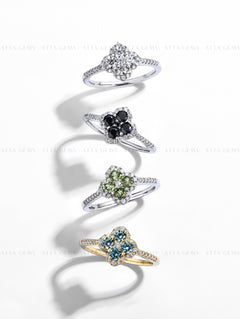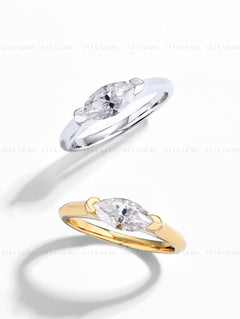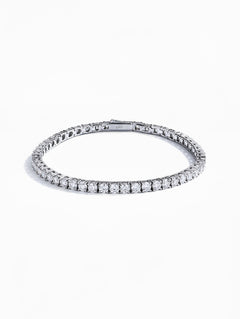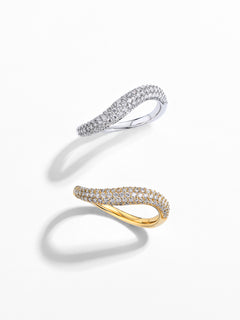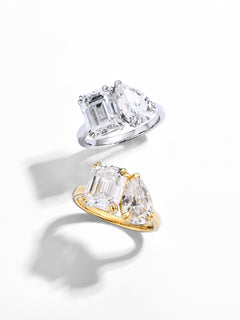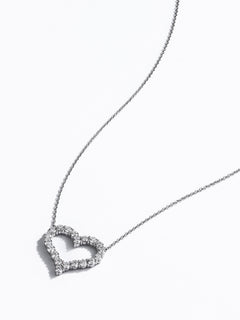
Diamonds are forever, but choosing the right one for your special occasion can feel overwhelming. That's where the 4Cs come in: a universal grading system that helps you understand and compare diamonds. Understanding these factors will give you the confidence to find a diamond that reflects your style and budget.
The value of a diamond is often determined by four factors, namely weight, clarity, color and cut. Carat,Clarity,Color and Cut represent these four words in English, because the first letter in the four English words are "C", in the international jewelry industry, it is generally called the four "C". These four "C" in the evaluation of diamond jewelry is very important, one is indispensable.
1. Cut:
- Thecutis not about the shape of the diamond (round, princess, emerald, etc.), but rather how it's been faceted. A well-cut diamond maximizes brilliance, fire (the flashes of color), and scintillation (the sparkle).
- ExcellentorVery Goodcuts are recommended for maximum sparkle.
- Goodcuts may still be beautiful but can have less brilliance.
- FairorPoorcuts are usually avoided due to dullness.

2. Color:
- Diamonds are graded on a scale fromD (colorless)toZ (light yellow).
- D-Fdiamonds are considered colorless and are the most sought-after, although they can be expensive.
- G-Jdiamonds have a slight tinge of yellow, but it's usually undetectable to the naked eye.
- K-Zdiamonds show more noticeable yellow, which may be desirable for some.

- Diamonds are not perfect. They contain tiny imperfections called inclusions. Clarityrefers to the presence and size of these inclusions.
- FL (Flawless)andIF (Internally Flawless)are the highest grades, with no visible inclusions.
- VVS (Very Very Slightly Included)andVS (Very Slightly Included)have minimal inclusions, only visible under magnification.
- SI (Slightly Included)andI (Included)diamonds have more visible inclusions, but they may still be beautiful.

4. Carat:
- Caratis a measure of weight, and it's directly related to the size of the diamond.
- A larger carat weight usually means a larger diamond, but this is not always the case.
- The cut of the diamond can significantly impact its apparent size.

- Set your budget: Determine how much you're willing to spend on a diamond. Remember, the price of a diamond is influenced by all four Cs.
- Prioritize your preferences: Do you prioritize colorlessness, brilliance, or size? Your preferences will help you narrow down your choices.
- Shop around: Don't settle for the first diamond you see. Compare prices and quality from multiple jewelers.
- Get a professional opinion: A reputable jeweler can guide you through the process and help you find a diamond that meets your specific needs.

Remember, there's no one right answer when it comes to picking a diamond. It's all about finding the one that speaks to you and that you'll cherish for years to come. The 4Cs are your guide to making an informed decision and finding the perfect diamond for your special occasion.
If you found this article interesting, share it with friends or leave a comment below about your favorite jewelry piece! Let's discuss and exchange more knowledge about jewelry! Follow our channel for more insights on gemstone and jewelry trends!

